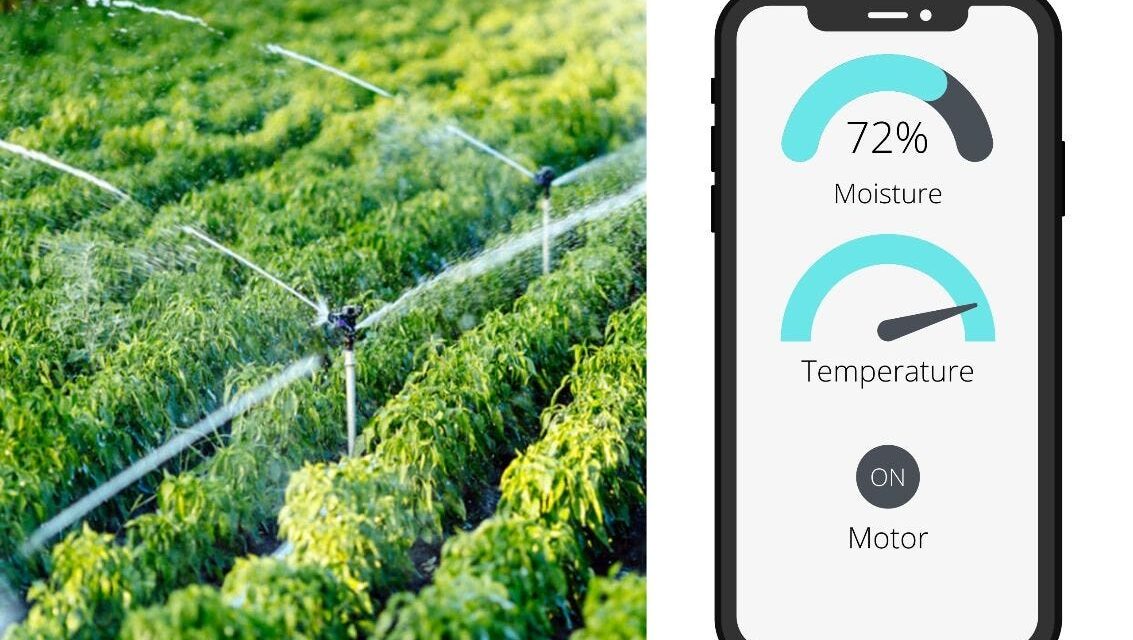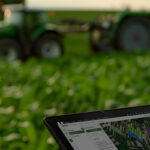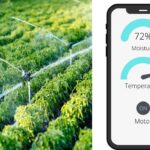As we look towards the future of farming, one of the most promising advancements lies in smart irrigation solutions. These innovative technologies are poised to revolutionize how farmers manage water resources, enhancing both productivity and sustainability. With the increasing pressures of climate change, water scarcity, and the need for higher agricultural yields, smart irrigation systems offer a path forward that balances efficiency and environmental stewardship.
The Need for Smart Irrigation
Agriculture accounts for approximately 70% of global freshwater withdrawals, making water management a critical issue. Traditional irrigation methods often lead to water wastage and inefficient crop watering. With climate change causing more erratic weather patterns, farmers face the dual challenge of conserving water and maintaining crop yields.
Smart irrigation solutions address these issues by using technology to optimize water use. These systems rely on sensors, weather data, and automated controls to deliver precise amounts of water to crops based on their specific needs, reducing waste and improving overall efficiency.
Key Components of Smart Irrigation Systems
Smart irrigation systems comprise several key components:
- Soil Moisture Sensors: These sensors measure soil moisture levels in real-time, providing data that helps determine when and how much to water.
- Weather Stations: Integrated weather stations collect data on temperature, humidity, and precipitation, informing irrigation schedules based on current and forecasted conditions.
- Automated Controllers: These controllers use data from sensors and weather stations to automate irrigation, ensuring that crops receive the optimal amount of water.
- Mobile and Cloud Platforms: Farmers can monitor and control their irrigation systems remotely through mobile apps and cloud-based platforms, making it easier to manage water use efficiently.
Benefits of Smart Irrigation
Smart irrigation solutions offer numerous benefits:
- Water Conservation: By applying water only when and where it’s needed, smart irrigation systems significantly reduce water waste.
- Increased Yields: Optimized watering schedules ensure that crops receive the right amount of water, leading to healthier plants and higher yields.
- Cost Savings: Efficient water use translates into lower water bills and reduced labor costs, as automated systems require less manual intervention.
- Environmental Sustainability: Reduced water consumption and minimized runoff help protect local ecosystems and reduce the environmental impact of farming.
- Data-Driven Decisions: Access to real-time data and analytics allows farmers to make informed decisions, improving overall farm management.
Challenges and the Way Forward
Despite the clear advantages, the adoption of smart irrigation technology faces several challenges. High initial costs, limited access to technology in rural areas, and the need for technical expertise can hinder implementation. Additionally, connectivity issues in remote farming regions can affect the reliability of data transmission and system operation.
To overcome these barriers, it is essential to invest in infrastructure, provide training and support to farmers, and develop cost-effective solutions. Governments and agricultural organizations must collaborate to create policies and incentives that encourage the adoption of smart irrigation systems.
The future of farming lies in harnessing technology to create more efficient and sustainable agricultural practices. Smart irrigation solutions represent a significant step forward in this journey. By optimizing water use, these systems not only enhance productivity and profitability but also contribute to the preservation of vital water resources and the protection of our environment. As we continue to innovate and address the challenges of implementation, smart irrigation will play a crucial role in shaping the future of sustainable agriculture.




